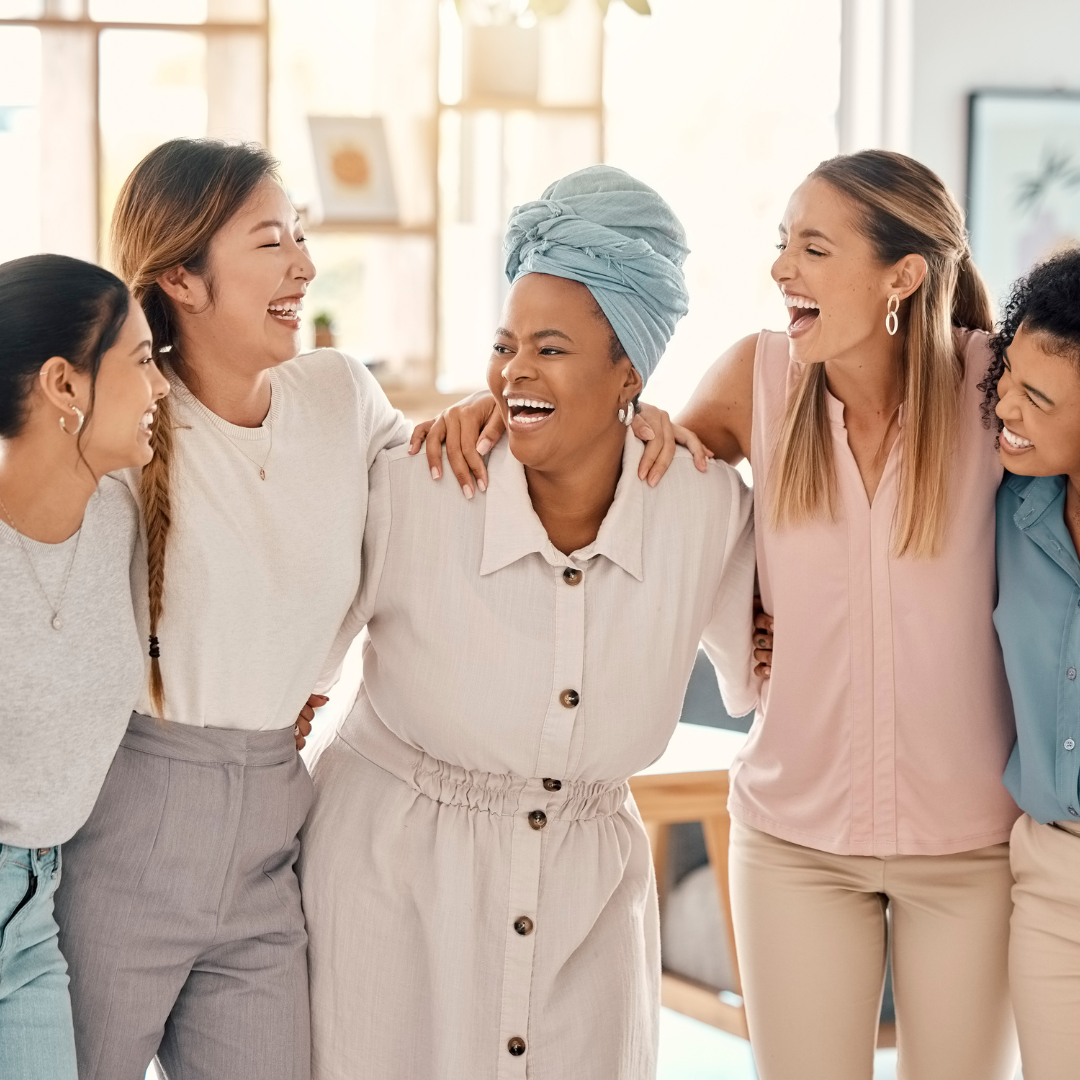
Did you know that working women struggle more with their mental wellbeing than men? Why might that be?
May is #MentalHealthAwarenessMonth, and we’re raising awareness around the unique struggles faced by women in the workplace, including their mental health.
46% of working women report exhaustion compared to 38% of men (from a recent study from the McKinsey health institute) with women of colour even more affected. And women employees are struggling disproportionately with their mental health too – with 5% lower scores reported on mental health and 7% lower scores on spiritual health.
The number of women in top-earning positions has increased from 17% in 2015 to 28% in 2023 (according to the World Economic Forum) but while the financial balance is improving, well-being does not seem to be.
What are the biggest struggles that women face in the workplace?
From burnout to impostor syndrome, there are a range of issues that contribute to statistics on working women’s mental health. Research has shown that working women are twice as likely to experience depression or Generalised Anxiety Disorder, with different factors that exacerbate this, from pay inequity microaggressions.
Many women experience burnout at a rate higher than men – but is this exacerbated by unrealistic expectations placed on women? Women have the added pressures of balancing work with family, and high-pressure, leadership roles mean women often have to make big sacrifices. Women are often in charge of managing teams in work which can involve a lot of emotional pressure to ‘take care of their team‘ through crises and challenges. This takes its toll in terms of time and energy.
Work-life balance is also a key issue women struggle with, with the current hybrid or remote working climate bringing fresh challenges. Particularly for women who are balancing parenting with working, it can create a sense of always being “switched on”, and struggling to draw boundaries with work – leading stress to seep over into personal life.
And, employees with diverse backgrounds are particularly affected by poor work-life balance, with 41 per cent of women of colour believing their work does not allow for healthy integration of their personal and professional life – 10 per cent more than white women.
What can we do about this?
Firstly, identifying “green flags” in potential workplaces can make a significant difference:
- Collaborative, Supportive Environment: Seek workplaces where teamwork is valued, and support is readily available. An environment that fosters collaboration over isolation is key.
- Equal Structure with Mutual Respect: Look for organisations where everyone’s voice is heard and valued equally. Avoid settings with hierarchies that overshadow individual contributions.
- Open Communication: Choose workplaces where issues are openly discussed and addressed. Encouraging transparent communication allows for problem-solving and fosters a supportive culture.
- Sense of Purpose: Pursue roles that align with your values and contribute to a meaningful mission. Finding purpose in your work can boost motivation and overall satisfaction.
While systemic issues like equal pay require broader action, there are steps women can take on an individual level:
- Build Support Networks: Connect with allies both at work and home. Starting a support group or forum can provide a safe space to discuss shared challenges and find solutions together.
- Seek Guidance: Don’t hesitate to reach out to HR or your manager for support. Many workplaces offer resources like mentoring or therapy. Remember, you control how much you disclose about your mental health.
- Evaluate Leadership: Assess the inclusivity of leadership within your organisation, especially towards women of all backgrounds at every managerial level. Welcoming and encouraging environments contribute to higher levels of mental well-being. Consider if management is open to feedback and committed to promoting well-being.
- Explore Better Opportunities: If your current situation doesn’t support your well-being, consider finding work that aligns with your values and brings meaning to your life.
Embracing New Work Paradigms
Many women are tired of the old, rigid structures of traditional workplaces. We yearn for something more flexible, something that allows us to contribute meaningfully to both our well-being and our communities.
That’s exactly what we offer to our Girls Journeying Together Facilitators. Many of them come from successful corporate backgrounds but felt burnt out and in need of something more. Our training provides them with an opportunity to make a real difference in the lives of preteen girls and their mothers.
Our Facilitators find fulfillment and deep connections in their work. Mothers among them report becoming better parents and everyone gains a supportive sisterhood of colleagues.
If you’re looking for meaningful employment, that fits alongside your work and other commitments, and want to learn more about our training, click the link below:

